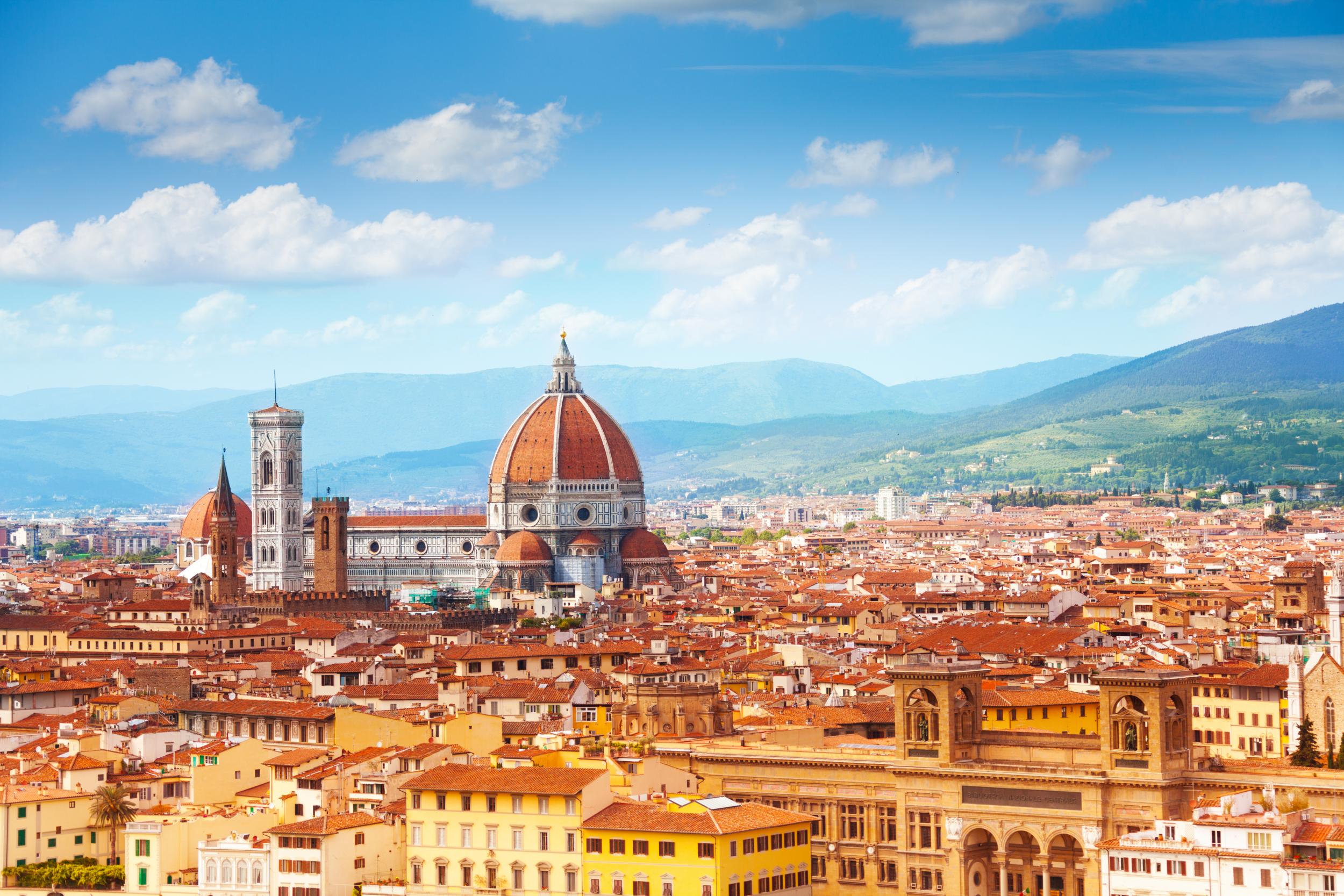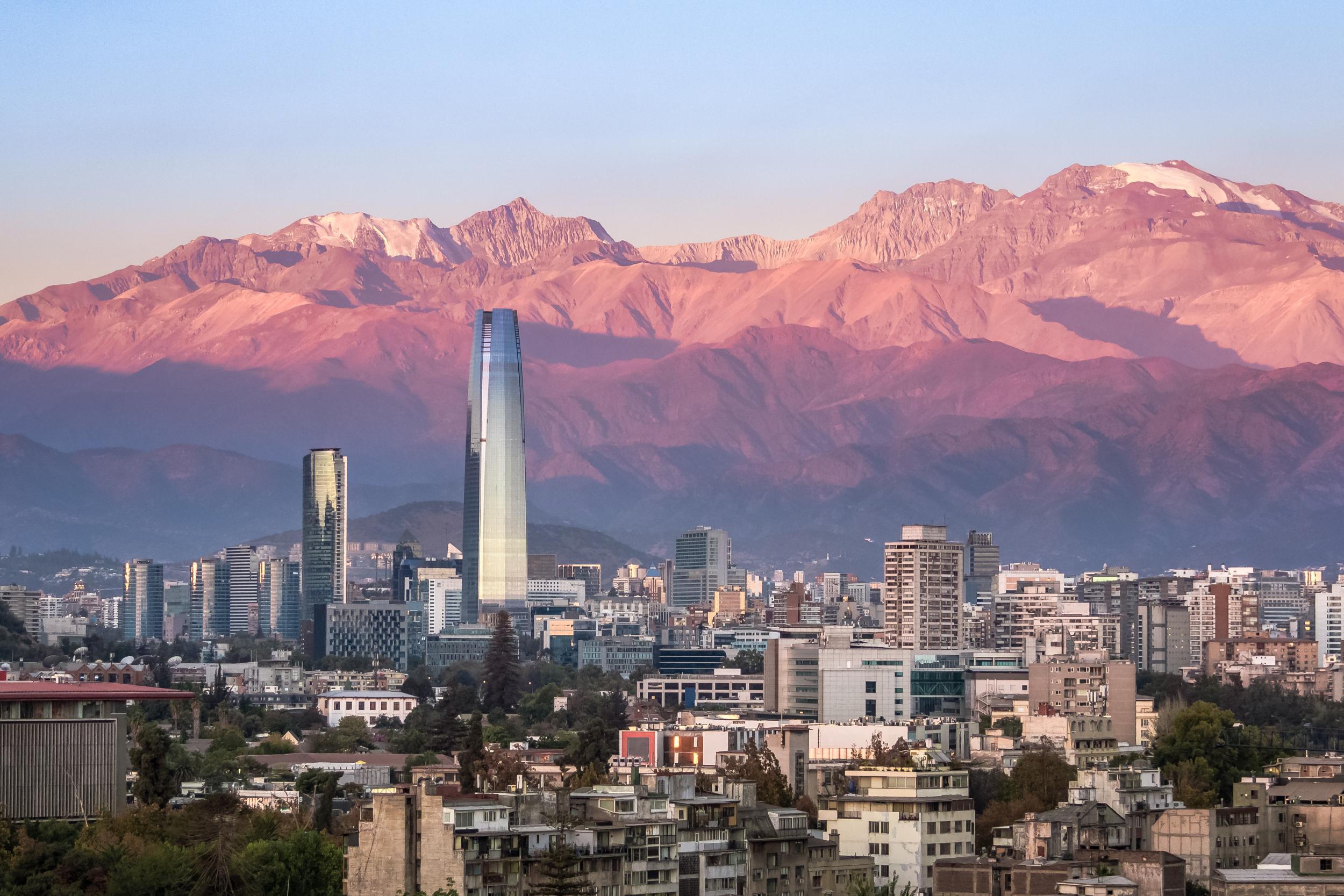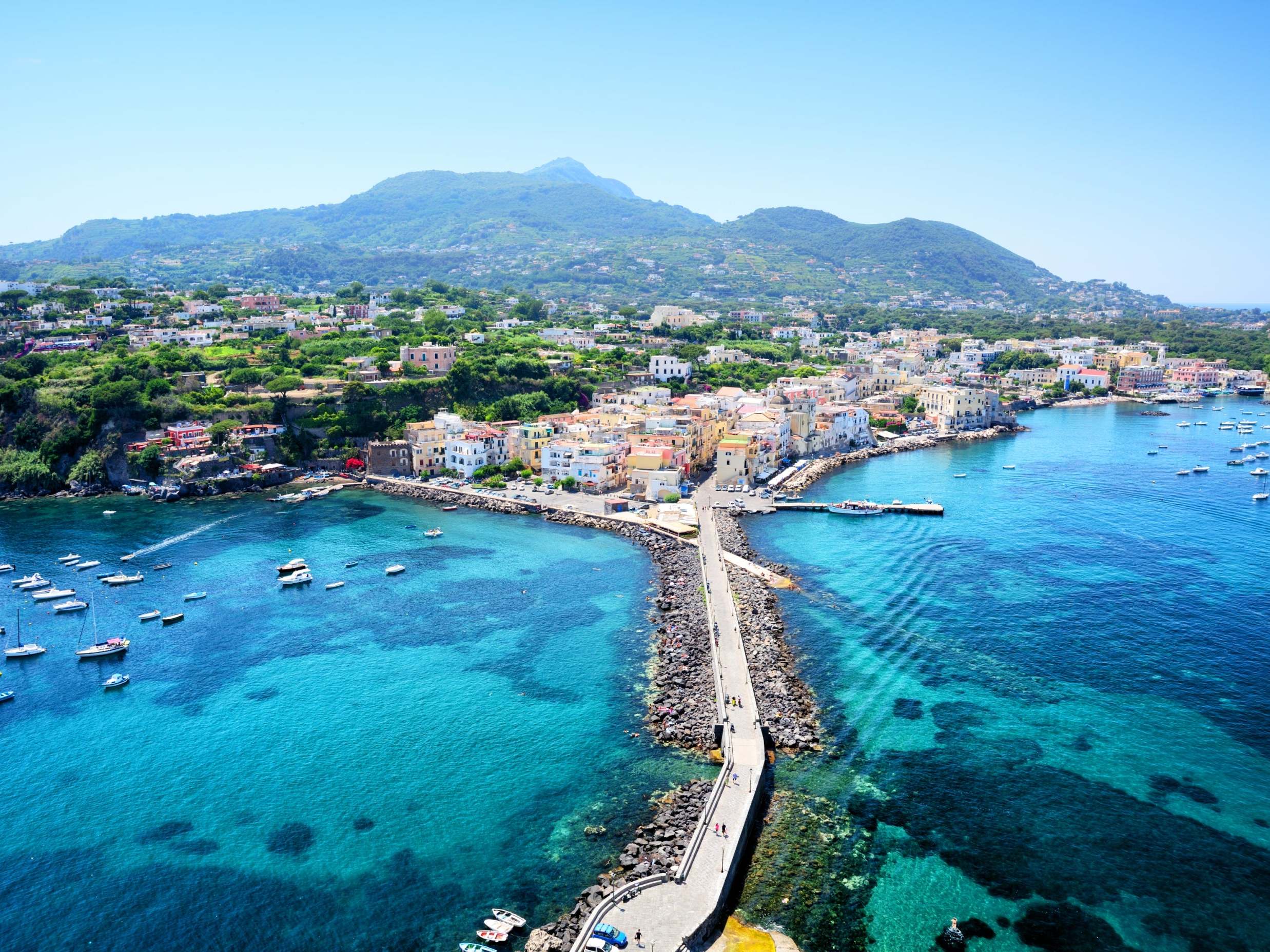My trip to Italy is in two weeks – why hasn’t it been cancelled?
Simon Calder answers your questions on refunds, beer festivals and travelling during the pandemic


Q There are just 15 days to go until our holiday in Italy and the travel company is refusing to confirm that it is cancelled. This leaves us and hundreds of others in limbo. Their social media channels have been shut down and only a handful of staff are on hand to cope with calls. Can you help?
Name supplied
A There have been enough travel crises over the years for a reasonable system to emerge. For example, when the Foreign Office warned against travel to Sharm el Sheikh in November 2015, following a suspected bomb attack on a Russian passenger jet, airlines and holiday companies instituted a series of “rolling cancellations”. First, everything up to the end of the year; then through till the February half-term; then Easter 2016…
The coronavirus crisis is unlike any previous disruption. Initially, on 17 March 2020, the Foreign Office warned against overseas travel up to 16 April 2020. Immediately, everyone booked with a mainstream package holiday company over the Easter break knew their trip was off and that they would get their money back (eventually).
The travel industry was expecting another date to be set – eg up to mid-May. But instead the current Foreign Office warning against non-essential travel is “indefinite”. That means any travel firm can quite legitimately not cancel until the day before, on the theoretical (though vanishingly unlikely) basis that restrictions could suddenly be lifted.
To speed things up, there is a potentially helpful line in the Package Travel Regulations that allows the traveller to cancel for a full refund if “unavoidable and extraordinary circumstances occurring at the place of destination” means the trip cannot be operated as planned.
At present, Italy has draconian rules requiring any arrivals to self-isolate for 14 days. But from what I can see, nowhere is there an end date – which again means the holiday company can presume it could be lifted at any moment.
A cynic would suggest that your firm and others like it are buying time; the clock on refunds does not start ticking until the cancellation becomes official. Or, they are hoping that holidaymakers will voluntarily defer their trip, meaning there is no need to refund them. The Foreign Office “indefinite” policy makes such behaviour perfectly legal.

Q I have a package booking for Oktoberfest in Munich, made through Lastminute.com, with three nights in a hotel and flights. The problem is the festival has been cancelled. Germany may still be open for flights, so we could still travel but obviously the purpose of our journey has been scrapped. Would we be able to get a refund?
Adam S
A Bluntly, no, except in one of three scenarios: the UK government is still warning against travel abroad; Germany (or specifically Munich) is not accepting visitors; or the hotel is closed and no reasonable alternative is available. It is unlikely that any of these scenarios will happen in mid-September when the Bavarian beer festival was due to begin.
While you can ask Lastminute.com if you can defer your package until 2021, everything I have seen of the firm’s behaviour during the coronavirus pandemic suggests a positive response is most unlikely.
However, let me try to turn this into an opportunity. Your plan was to go to one of Europe’s greatest cities, drink lots of excellent local beer and have a convivial and rewarding experience.
I believe you can look forward to exactly such a trip even though the (rather industrialised) Oktoberfest has been called off. There is every likelihood that beer gardens dotted around Munich, and the city-centre Hofbrauhaus (the self-styled “cradle of Bavarian tavern culture”), will be open for business by mid-September.
My prediction is that they will be busier than ever, with local people making up for lost drinking time. Also, a fair few foreign visitors who will be in the same position as you – with transport and accommodation booked for the now-cancelled festival.
But Munich will be free of the intense crowds the event normally attracts, so you will be free to enjoy more of the city’s alluring treasures, from world-class museums to fabulous restaurants. And next year you might want to try a different autumnal experience, at the Cannstatter Volksfest in Stuttgart – just as traditional but slightly less rowdy and more authentic.

Q I went travelling in South America with friends earlier this year, but obviously due to coronavirus had to come home earlier than expected to avoid getting trapped out there. When we first went out at the end of January, it was an open-ended trip, so we didn’t have a return flight booked.
We had planned to stay until June, when flights coming back were around £100. Instead, we had to come back from Chile in March for £580 each. A couple of days later Chile closed its borders. We have been trying to get remuneration for the cost of our emergency flight home. But the insurance company has refused as we didn’t have a flight booked originally.
We’re considering going through the Financial Ombudsman Service to challenge the insurance company, as we had no choice but to book a more expensive flight at that time.
What do you think our chances are?
Name supplied
A I am afraid that I see the chance of persuading the Financial Ombudsman Service that your travel insurer must pay out as low, bordering on non-existent.
Your decision not to book a definite return date home from South America was perfectly rational when you set out: you could reasonably expect to be able to find a good-value flight back from one of the big Latin American cities, whether Santiago, Lima, Bogota, Rio or Buenos Aires, at short notice. This would give you maximum flexibility on your open-ended trip.
But it also means that you have no documentary proof to help substantiate a loss. The Financial Ombudsman Service, which regulates travel insurance, will want to know: how much was the original fare, and what steps have you taken to recoup it from the airline? In your case, both these questions are unhelpfully hypothetical.
Let’s hope that the service is, though, prepared to consider a claim. You would need to present a figure for the planned-though-unplanned flight. I must question the availability of air fares back from South America to the UK for £100; the lowest I would expect would be in the range of £250-£300. For a mid-June flight from Santiago to London, I am seeing one-way fares of £350.
I hope the Financial Ombudsman might consider specifying a refund, say, £250 of the cost – perhaps more if you happen to have screenshots of air fares that you originally considered. But I fear the odds are heavily against it

Q We had our summer holiday booked (to Ischia in May) and just got the email through from Voyage Prive “postponing” it. They’ve offered us a travel voucher to use when everything’s back to normal.
Should we (a) make them cough up for the cash or (b) ask our travel insurance to give us the cash?
Andrew G
A To save you time, here’s how the conversation with your travel insurer goes:
Andrew: “I’d like a refund on a holiday that was cancelled because of the coronavirus pandemic.”
Insurer: “Was it a package holiday, with flights and accommodation booked at the same time?”
Andrew: “Yes.”
Insurer (with a faint sigh of relief): “Then it’s down to your travel company to give you a full refund within two weeks of the cancellation becoming apparent. Nothing to do with us.”
In the unlikely event that the insurer allows the call to continue...
Andrew: “But they say they are only giving us a voucher?”
Insurer: “I suggest you read their terms and conditions.”
When you do, you will read that when Voyage Prive is “prevented from performing your contracted holiday arrangements as a result of unavoidable and extraordinary circumstances” the company “will refund all monies you have paid to us usually within 48 hours but in any event within 14 days of the date we inform you of the cancellation”.
In the present extraordinary circumstances, getting your money back within two weeks is nigh-impossible; almost all travel firms are suffering extreme financial and operational stress. But get your money back, you will.
Remind Voyage Prive of its promise, and ask when the firm proposes to refund you in full. If you are not satisfied with the response, you can warn the firm that you will take legal action through Money Claim Online or seek to claim back the payment from your credit card provider under Section 75 of the Consumer Credit Act (you did pay by credit card, didn’t you?). But give the company a chance first.
Email your question to s@hols.tv or tweet @simoncalder
Join our commenting forum
Join thought-provoking conversations, follow other Independent readers and see their replies
Comments